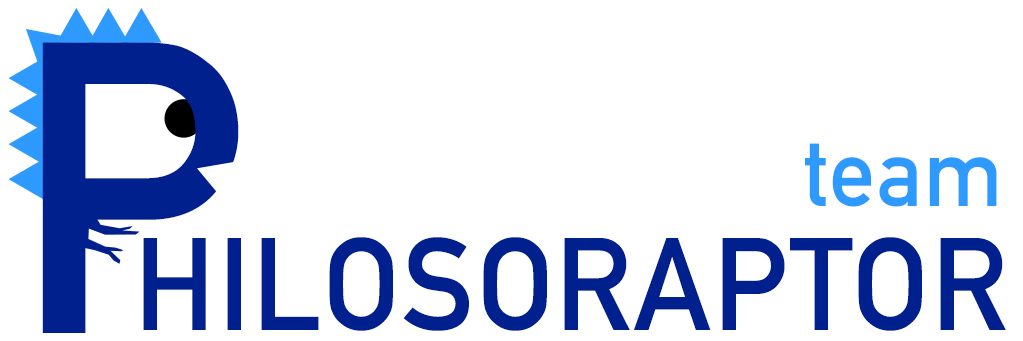Trust is concept that exists across numerous disciplines. One thing they all seem to agree on is that there is a lack of agreement either within or across disciplines on what the definition of trust is. One sociologist, Beatty, who declines to settle on a definition, describes it as a mercurial, context-dependent concept defined as a noun, verb, psychological state, personality state, belief, social structure and behavioural intention.
Whilst I don’t think we need go as far as paraphrasing Justice Potter Stewart: “I can’t define it, but I know it when I see it”, clearly the word is one loaded with meanings. Beatty’s description of it as being mercurial and context specific hits the nail on the head I think. There follows a selection of definitions from the literature. I get the feeling this post will keep growing…
“We define trust as expectations that an exchange partner will behave benignly, based on the attribution of positive dispositions and intentions to the partner in a situation of uncertainty and risk”
Molm, Linda D., Nobuyuki Takahashi, and Gretchen Peterson. ‘Risk and Trust in Social Exchange: An Experimental Test of a Classical Proposition’. American Journal of Sociology 105, no. 5 (2000): 1396–1427.
“a subjective expectation an agent has about another’s future behavior based on the history of their encounters.”
Mui, Lik, Mojdeh Mohtashemi, and Ari Halberstadt. ‘A Computational Model of Trust and Reputation’. In System Sciences, 2002. HICSS. Proceedings of the 35th Annual Hawaii International Conference on, 2431–2439. IEEE, 2002. http://ieeexplore.ieee.org/abstract/document/994181/
“…we may say that trust exists in a social system insofar as the members of that system act according to and are secure in the expected futures constituted by the presence of each other or their symbolic representations”
Lewis, J. David, and Andrew Weigert. ‘Trust as a Social Reality’. Social Forces 63, no. 4 (June 1985): 967. doi:10.2307/2578601.
“…trust is a psychological state or orientation of an actor (the truster) toward a specific partner (the trustee) with whom the actor is in some way interdependent (that is, the truster needs the trustee’s cooperation to attain valued outcomes or resources).”
Simpson, Jeffry A. ‘Psychological Foundations of Trust’. Current Directions in Psychological Science 16, no. 5 (2007): 264–268.
“confident expectations and a willingness to be vulnerable are critical components of all definitions of trust reflected in the articles.”
Rousseau, Denise M., Sim B. Sitkin, Ronald S. Burt, and Colin Camerer. ‘Not so Different after All: A Cross-Discipline View of Trust’. Academy of Management Review 23, no. 3 (1998): 393–404.
“[Trust is] the firm belief in the competence of an entity to act dependably, securely, and reliably within a specified context.”
T. Grandison, M. Sloman, A survey of trust in internet applications, IEEE Commun. Surv. Tutorials 4 (4) (2000) 2–16
“Trust is a mental state comprising:
- expectancy – the trustor expects a specific behavior from the trustee (such as providing valid information or effectively performing cooperative actions);
- belief – the trustor believes that the expected behavior occurs, based on the evidence of the trustee’s competence, integrity, and goodwill;
- willingness to take risk – the trustor is willing to take risk for that belief.”
Huang, Jingwei, and David M. Nicol. ‘Evidence-Based Trust Reasoning’, 1–2. ACM Press, 2014. doi:10.1145/2600176.2600193.

Tricky to be sure, but for my money expectancy is the linchpin. Once trustworthiness (however we choose to define it) is repeatedly demonstrated, expectancy sets in and this relates not only to the specific interactions users expect to have but also to their view on future interactions. Accordingly, expectancy directly impacts on the likelihood of a user to return to the site on which the trust mechanism has been implemented, as well as positive word of mouth. This translates into user numbers which in turn impacts on advertising revenues. Expectancy can therefore be the starting point of either a virtuous circle or a decline.